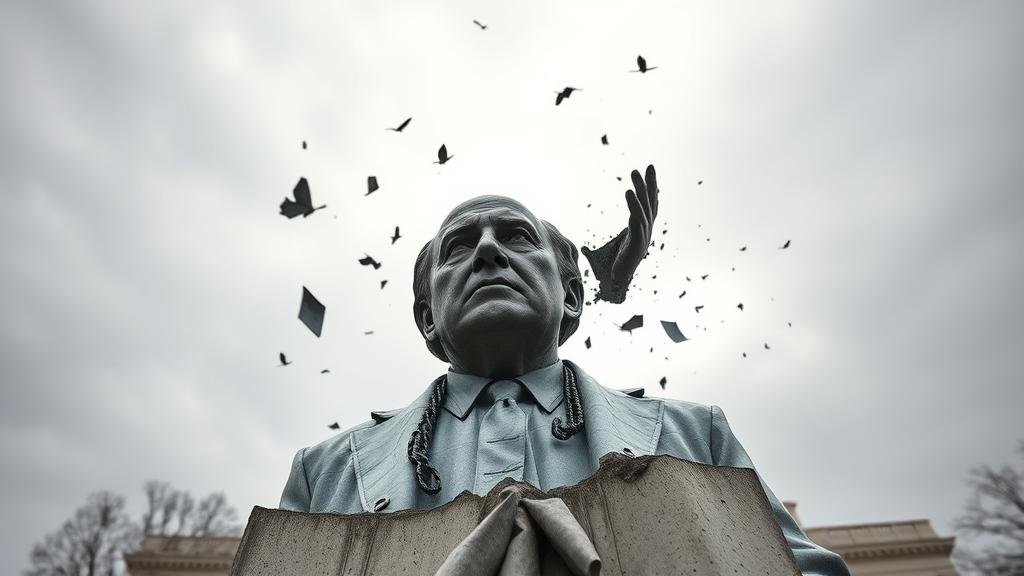From Harvard to Disgrace: The Epstein Emails That Toppled Lawrence Summers
The ghost of Jeffrey Epstein continues to haunt the Hamptons, and its latest target is a titan of modern economics: Lawrence “Larry” Summers. Newly unearthed emails have revealed a disturbing connection between the former Treasury Secretary and the convicted sex offender, raising serious questions about the judgment of one of America’s most influential figures. This isn’t just gossip; it’s a story of reputational damage, the erosion of public trust, and a cautionary tale for the elite.

A Titan of Modern Economics
Lawrence Summers’ resume is a testament to his influence. As a former Harvard President, Treasury Secretary, and chief economic advisor, his opinions have shaped global financial policy. His name was synonymous with intellectual prowess and sound judgment. This stellar reputation is what makes the revelations of his association with Jeffrey Epstein so shocking and damaging.
- Treasury Secretary: Summers was a key figure in navigating the economic landscape of the late 20th century.
- Harvard President: He led one of the world’s most prestigious academic institutions, overseeing its endowment and intellectual direction.
- Economic Advisor: During the 2008 financial crisis, he was one of the key figures tasked with steering the economy back from the brink.

The Unveiling: The Epstein Emails
The recently released “Epstein emails” paint a damning picture. They reveal that Summers maintained a relationship with Epstein long after his criminal convictions were public knowledge. The correspondence reportedly shows Summers seeking personal advice from Epstein, a move that has been met with widespread disbelief and condemnation. The “Summers Epstein ties” suggest a staggering lapse in judgment, and since the news broke, Summers has been in full damage control mode, expressing that he is “deeply ashamed.”

Epstein’s Playbook: Reputation Laundering
This association wasn’t an isolated incident. It was part of Jeffrey Epstein’s calculated strategy of “reputation laundering.” By surrounding himself with powerful and respected individuals and institutions like “Harvard” and MIT, Epstein sought to sanitize his image. He used his wealth and connections to create a veneer of intellectualism and philanthropy, a shield to hide his monstrous crimes. Those who accepted his money and his friendship are now facing a public reckoning.

The Fallout: Reputational Damage and Eroding Trust
The “reputational damage” to Lawrence Summers has been swift and severe, with The New York Times and other publications cutting ties. For a man whose career was built on trust and credibility, this association is an indelible stain. But the implications extend far beyond one individual. The scandal has further damaged the already tarnished reputation of “Harvard” and has fueled public cynicism about a disconnected “elite” who seem to play by a different set of rules. This “erosion of public trust” is perhaps the most significant consequence of the affair.
A Lesson in Moral Bankruptcy
The story of Lawrence Summers and Jeffrey Epstein is a stark reminder that intelligence and influence are no substitutes for character. It’s a lesson in “moral bankruptcy” and the catastrophic consequences of poor judgment. The scandal underscores the critical importance of vetting associates not just on their resumes, but on their moral character. In the end, integrity is the one asset that is truly too big to fail.

